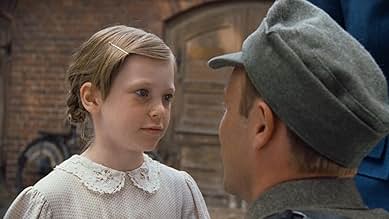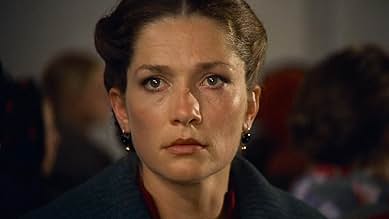I saw this film as part of Boston's Museum of Fine Arts film series. It is an extremely well-acted and well-produced adventure, based on the true story of a German POW's incredible journey through the dauntingly wide expanses and multi-ethnic terrain of the former Soviet Union in the late '40s and early '50s. It is beautifully shot on location, outdoor scenes of the rugged Russian landscape being a principle attraction. It is also quite well-acted by Bettlemen, who evokes both sympathy with and admiration for his character, and the rest of the cast. The principle actor spoke for about an hour afterwards. As he admits, the film does not go into detail about why the prisoners were there--no doubt some of them deserved punishment. However, many scenes also concentrate on the main character's wife and children back in Germany. Bettlemen, whose grandfathers both died in Russian POW camps after WWII, said he did the film as much to illustrate their family's plights as that of the prisoners.
The film (and the book) also illustrate that Samaritanism is not dead, and was not, even in Russia at this time. Forrell was, after all, a German soldier, but he would have been unable to cross Siberia without help from people of many diverse people. As Bettlemen related, "People will help a creature driven into the dust, even if it is their worst enemy."




























